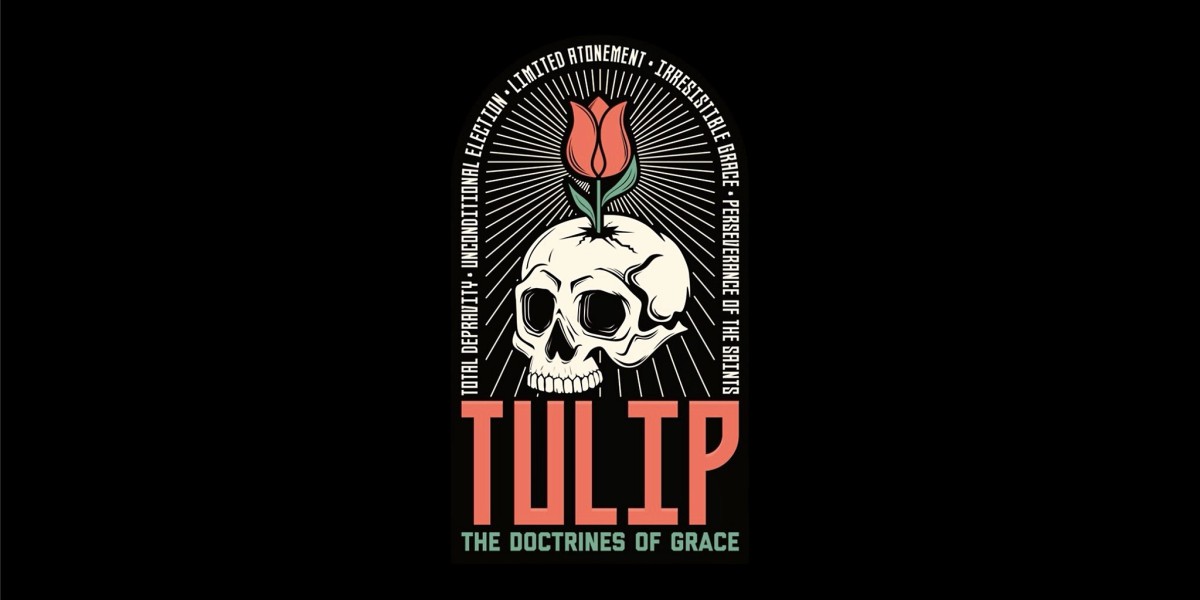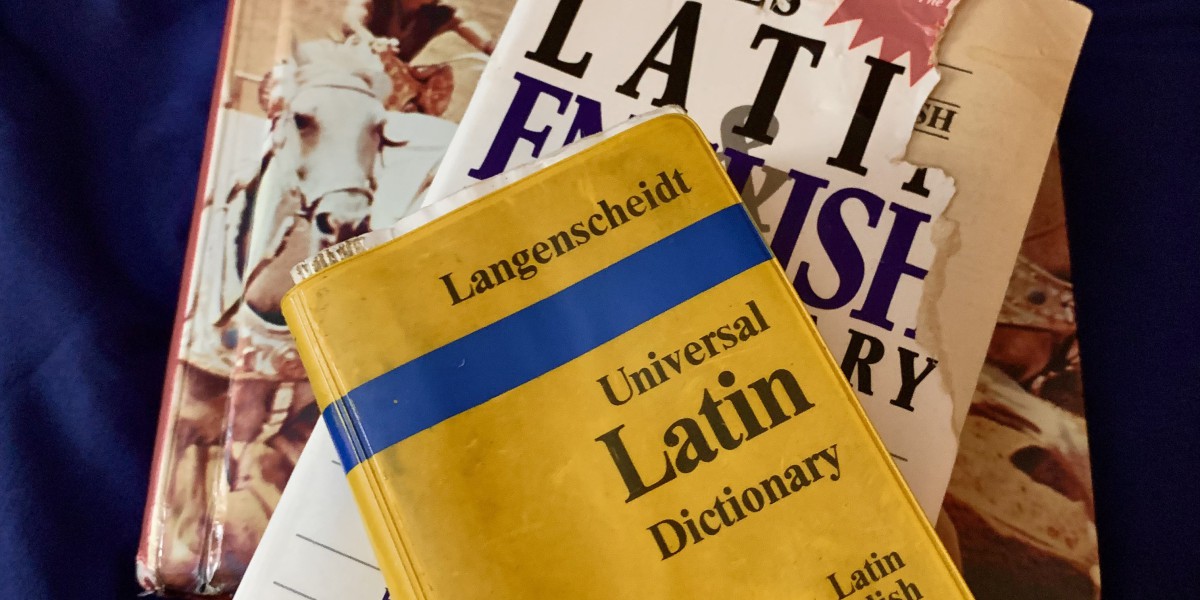John Calvin was a French theologian, pastor, and reformer whose private ideas shaped the public face of the Protestant Reformation.
Despite his lack of education, he was a towering figure in Reformation theology, engaging in debates that shaped much of Protestantism and His Institutes provided a systematic framework. He clashed with Catholics, fellow reformers, and internal critics aswell.
Born in Noyon, France, in 1509 he studied law and humanism before experiencing a “religious conversion” around 1530, leading him to embrace Protestantism. His most influential work, “Institutes of the Christian Religion” (first published in 1536 and later expanded), systematized Protestant theology, emphasizing divine sovereignty, predestination, and the authority of Scripture (as interpreted by his theological preunderstanding).
Calvin's theology, which has come to be known as Five Point Calvinism, (TULIP) stressed:
- Total depravity: Humans are inherently sinful and cannot save themselves.
- Unconditional election: “God” chooses who will be saved, independent of human merit.
- Limited atonement: “Christ's” sacrifice was for the elect only.
- Irresistible grace: “God's” grace cannot be resisted by those chosen.
- Perseverance of the saints: The elect will remain faithful.
In 1536, Calvin settled in Geneva, Switzerland, where he took over the local government and reshaped the city's religious and social life. He established a theocratic system, blending church and state, with strict Calvinistic moral codes enforced by an ecclesiastical court, the Consistory.
Calvin established a church structure with four offices—pastors, teachers, elders, and deacons. The Consistory, comprised of pastors and elders, enforced moral discipline, addressing issues like adultery, blasphemy, and even dancing. It could excommunicate or refer cases to the city council for punishment.
While Geneva’s city council technically retained civil authority, Calvin’s influence blurred lines between church and state. He advised on laws, education, and social welfare, creating a system where religious “orthodoxy” shaped civic life. Taverns were regulated for example, and church attendance was mandatory.
Though on a positive note, Calvin introduced relief for the poor, hospitals, and compulsory education, emphasizing literacy for Bible reading, nevertheless his strict policies sparked opposition. The execution of Michael Servetus (1553), a so called heretic who denied the Trinity, was approved by Calvin and his council, highlighting his willingness to enforce doctrinal purity (as he deemed it), at any cost. Critics like the Libertines, a political faction, resisted his control, but Calvin’s allies gained council dominance by the 1550s.
His Geneva Academy (1559) trained pastors and leaders, exporting Reformed ideas.
Calvin’s but his authoritarian measures remain debated—admired for discipline, criticized for intolerance.
Calvin’s influence in Geneva transformed it into a Protestant stronghold, a “Protestant Rome,” blending church and state in a theocratic oligarchy. After arriving in 1536 at the invitation of reformer William Farel, Calvin faced resistance and was briefly expelled in 1538 over disputes about church authority. Recalled in 1541, he implemented sweeping reforms in mandatory church attendance, education, and discipline, making Geneva a model Protestant city.
Calvin's influence extended beyond Geneva aswell. Via John Knox, his ideas spread to Scotland, the Netherlands, the Huguenots in France, and Puritan England, shaping Presbyterianism and Reformed churches. He emphasized education, founding the Geneva Academy (now the University of Geneva), and promoted literacy for the purpose of Bible study.
Though on a positive note, Calvin introduced relief for the poor, hospitals, and compulsory education, emphasizing widespread literacy “for Bible reading”, nevertheless his strict policies sparked opposition. The execution of Michael Servetus (1553), a so-called heretic who denied the Trinity, was approved by Calvin and his council, highlighting his willingness to enforce doctrinal purity. Critics like the Libertines, a political faction, resisted his control, but Calvin’s allies gained council dominance by the 1550s and his Geneva Academy (1559) trained pastors and leaders, exporting Reformed ideas.
Despite poor health, Calvin worked tirelessly, preaching, writing, and advising reformers across Europe until his death in 1564. His legacy endures in Reformed theology, church governance, and the Protestant work ethic. Critics view him as authoritarian; supporters see him as a disciplined servant of God.
Calvin’s doctrine of double predestination (“God” elects some for salvation, others for damnation) was central and divisive. He argued it reflected divine sovereignty, rejecting human merit in salvation. This clashed with Catholic teachings on free will and works, as well as with Arminians, who became later critics, emphasizing human choice.
His debates with Catholic theologian Albert Pighius in the 1540s defended predestination against charges of fatalism.
Calvin differed from both Catholics and other Protestants. Against Catholic transubstantiation, he taught that “Christ” is spiritually present in the “Lord’s” Supper, not physically. He also diverged from Zwingli’s symbolic view, seeking a middle ground. This sparked debates at the Colloquy of Marburg in 1529, (before his rise to undue prominence) and later with Lutheran theologians like Joachim Westphal.
The 1553 trial of Michael Servetus, who rejected the Trinity and infant baptism, was a flashpoint. Calvin’s role in his conviction and burning at the stake drew criticism, even from allies like Heinrich Bullinger, though many reformers supported punishing heresy with such severity. This highlighted tensions over religious tolerance.
Calvin debated Anabaptists, who rejected state churches and infant baptism, advocating adult baptism and separation from secular authority. Calvin defended a unified church-state model, seeing Anabaptist individualism as chaotic.
These debates cemented Calvin’s reputation as a rigorous, sometimes polarizing thinker, shaping Reformed theology’s distinct identity.
Calvin’s ideas, collectively called Calvinism, continued to influence theology, culture, and society through Reformed churches and beyond. Key aspects of modern Calvinism which include the “Five Points of Calvinism” (TULIP)
Total depravity,
Unconditional election,
Limited atonement,
Irresistible grace,
Perseverance of the saints
were formalized at the Synod of Dort (1618–1619), remain a cornerstone for Reformed denominations like Presbyterians, Reformed Baptists, and Dutch Reformed churches. These points guide debates on salvation and grace, particularly against Arminianism.
Calvinism shapes much of modern Christianity worldwide. In the U.S., Presbyterian and Reformed churches, as well as evangelical movements, draw on Calvin’s emphasis on Scripture and divine sovereignty. In South Africa, the Dutch Reformed Church historically influenced Afrikaner identity (though tied to apartheid controversies). In South Korea, Presbyterianism thrives, rooted in Calvinist missions.
In the 19th and 20th centuries, Dutch theologians like Abraham Kuyper and Herman Bavinck developed Neo-Calvinism, applying Calvin’s ideas to modern society.
Kuyper’s concept of “sphere sovereignty” argues that divine authority governs distinct spheres (family, church, state) without state dominance. This influences Christian education, politics, and philosophy, especially in Reformed communities.
Calvinism’s work ethic and emphasis on vocation shaped capitalism, as argued by Max Weber in *The Protestant Ethic and the Spirit of Capitalism*. Modern Calvinist thinkers like Tim Keller apply these principles to urban ministry and cultural engagement.
Calvinism remains divisive. “New Calvinism” (popularized by figures like John Piper and Mark Driscoll) emphasizes predestination and church discipline, appealing to young evangelicals but criticized for rigidity. Debates over gender roles, social justice, and political involvement (e.g., Christian nationalism) reflect tensions within Calvinist circles.
Calvin’s legacy endures in theology, church governance, and cultural attitudes, though
he was a brutish tyrant and a horrid monster of a man, nevertheless, his teachings remain a staple and Protestant Christian tradition.
Question Everything
Get Biblical






